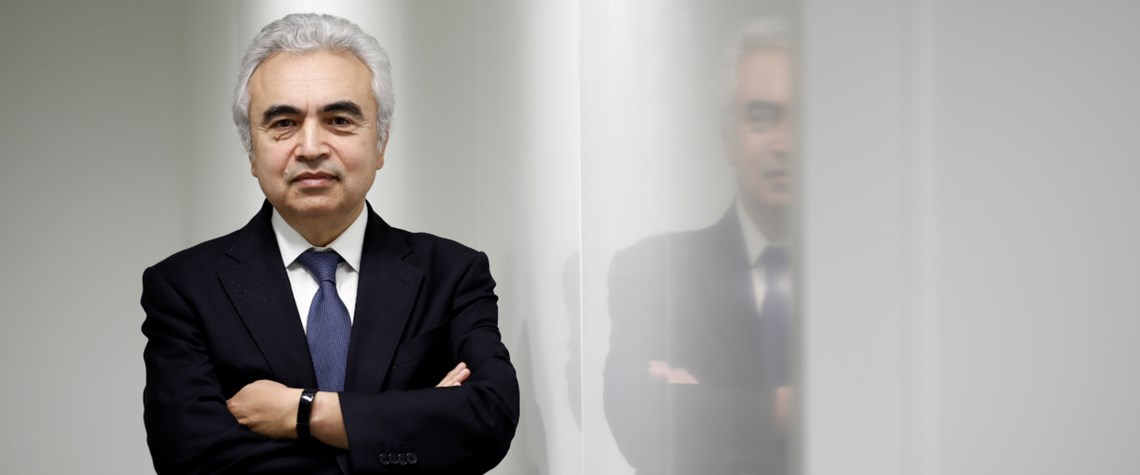Mission net zero – part one: costs
First in three-part Transition Economist series looks at the cost of the global energy transition and the magnitude of the work required
Governments and organisations around the world have set net-zero targets over the past year in line with the goals of the Paris Agreement. This has led to a number of 2050 net-zero scenarios being developed—including by the IEA, Shell, BP and the International Renewable Energy Agency (Irena). But to achieve net zero by 2050 will require a massive transformation of the global energy system, according to Fatih Birol, executive director of the IEA. “The world has a huge challenge ahead of it to move net zero by 2050 from a narrow possibility to a practical reality,” he writes in the IEA’s net-zero report. This three-part series for Transition Economist will aim to determine how realistic this ‘

Also in this section
9 January 2026
A shift in perspective is needed on the carbon challenge, the success of which will determine the speed and extent of emissions cuts and how industries adapt to the new environment
2 January 2026
This year may be a defining one for carbon capture, utilisation and storage in the US, despite the institutional uncertainty
23 December 2025
Legislative reform in Germany sets the stage for commercial carbon capture and transport at a national level, while the UK has already seen financial close on major CCS clusters
15 December 2025
Net zero is not the problem for the UK’s power system. The real issue is with an outdated market design in desperate need of modernisation







